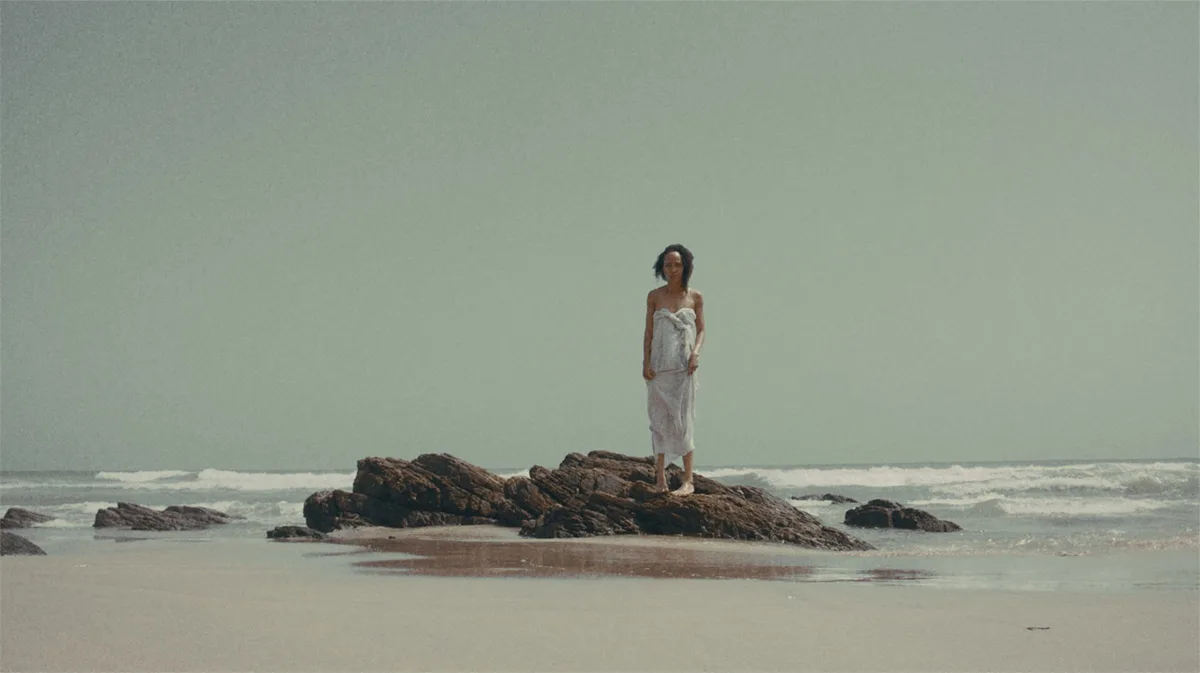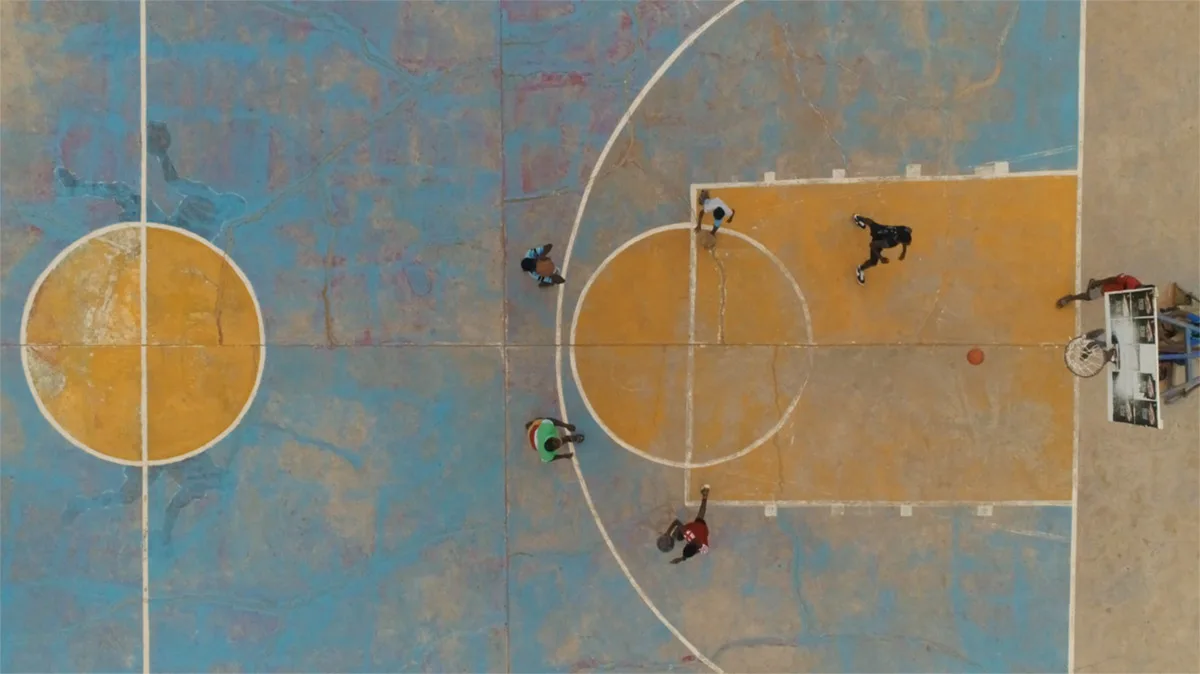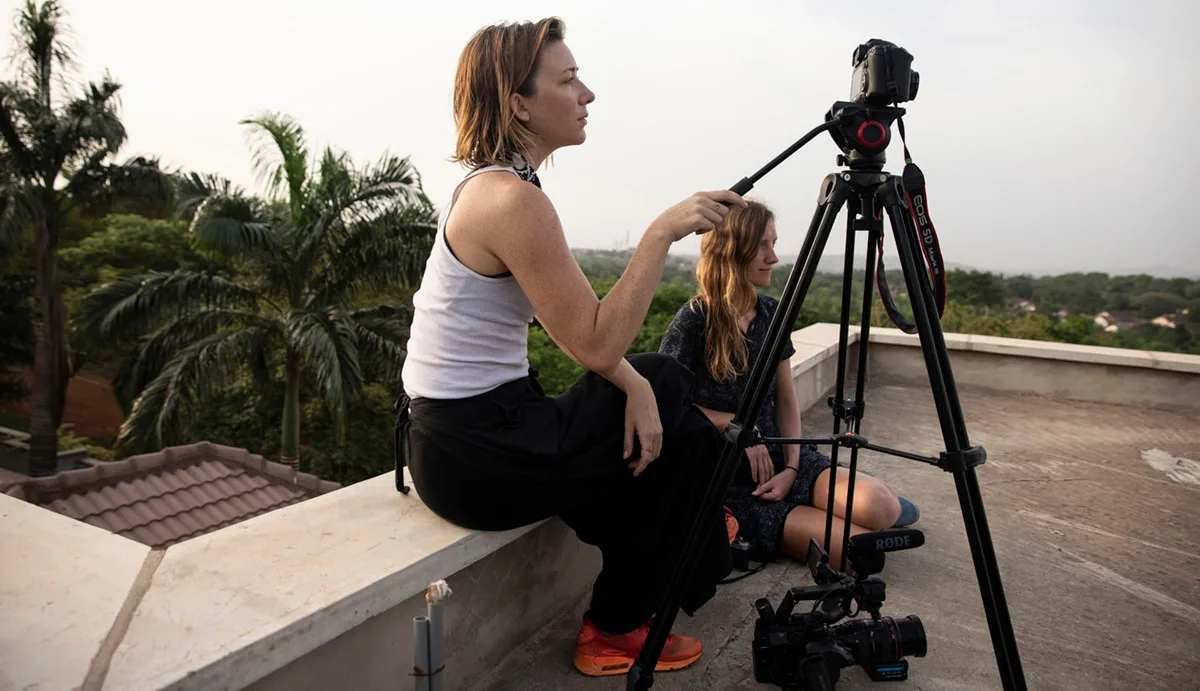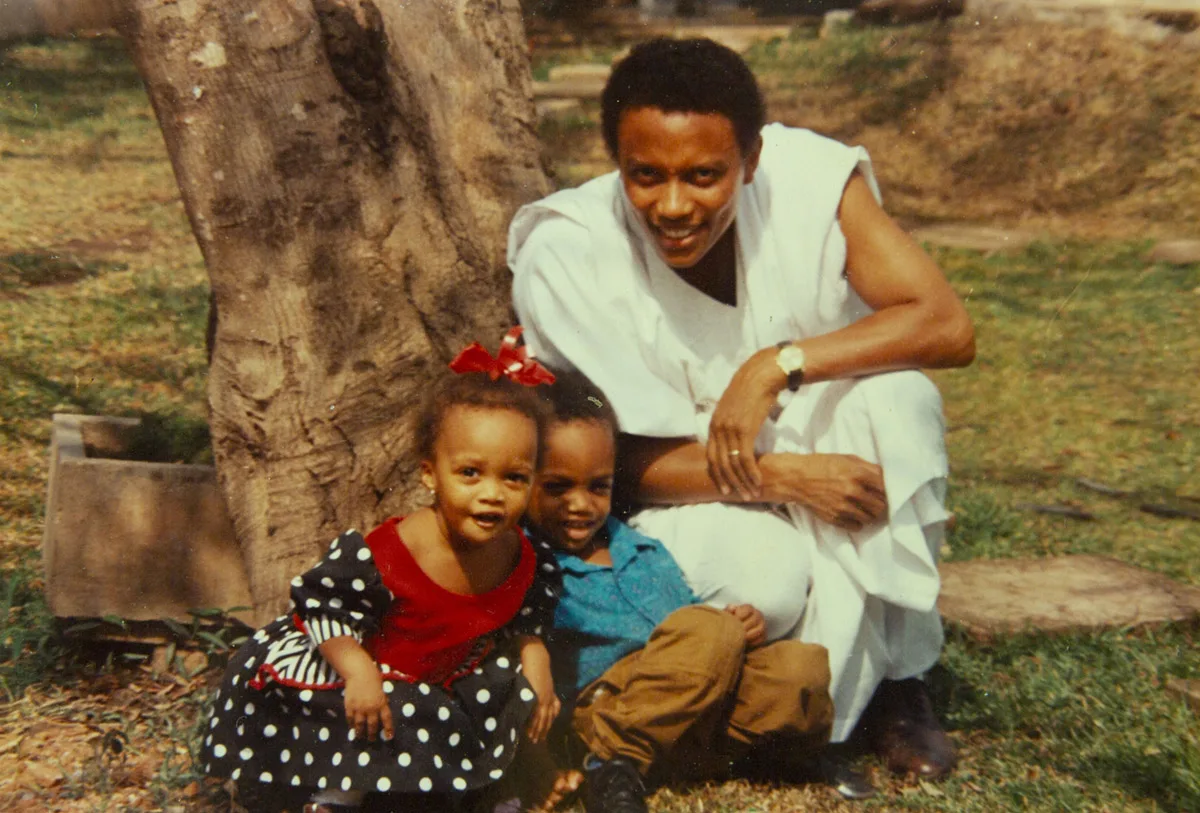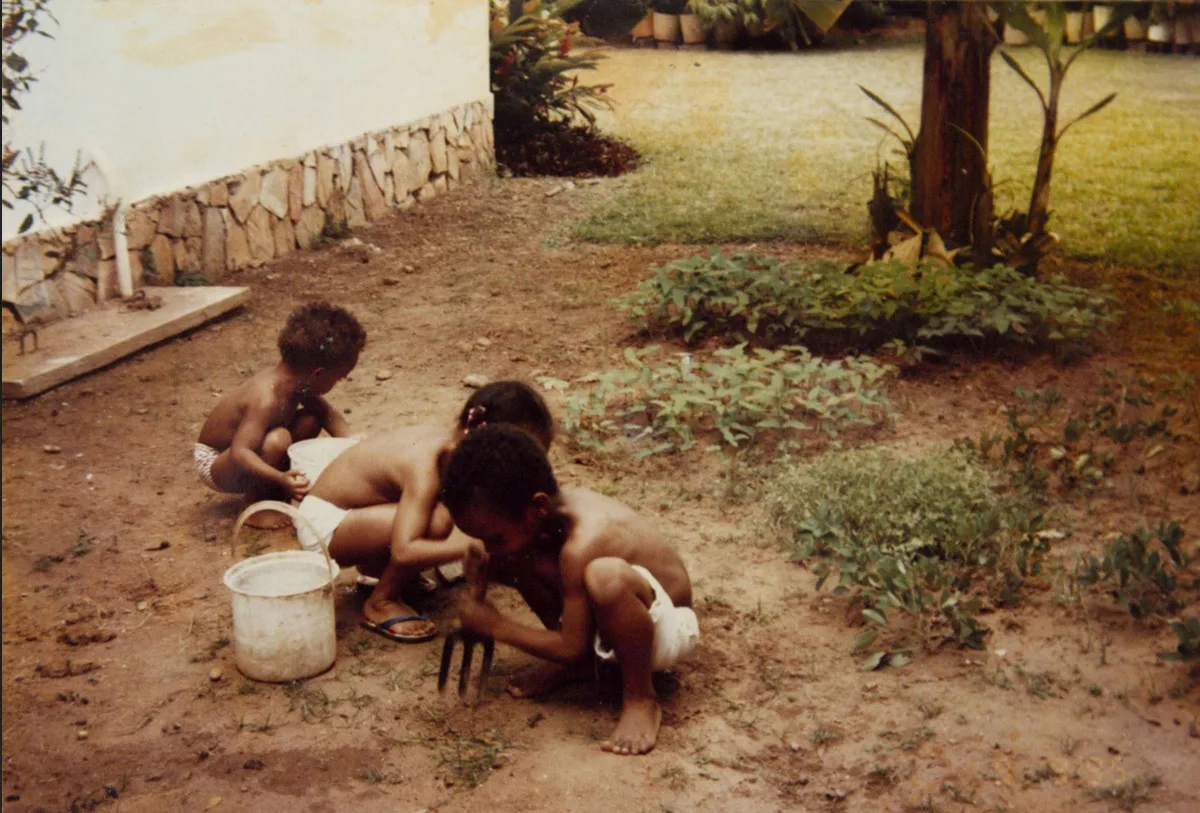
Okyeame — Elisabeth Sutherland explores this extraordinary language of dance
Elisabeth Sutherland explores this extraordinary language of dance
One of the oldest languages known to man is not categorized by words or sounds, but by movement. Dance has been an intrinsic part of human culture – of rituals, celebrations, births, deaths – since the dawn of civilisation. Dance is emotional, it’s visceral, a way of conveying understanding between people when there is no other commonality to be shared. And it’s a language that dancer and multi-disciplinary artist Elisabeth Sutherland has been exploring throughout her career. Dance is about “what needs to come out at that moment,” she says.
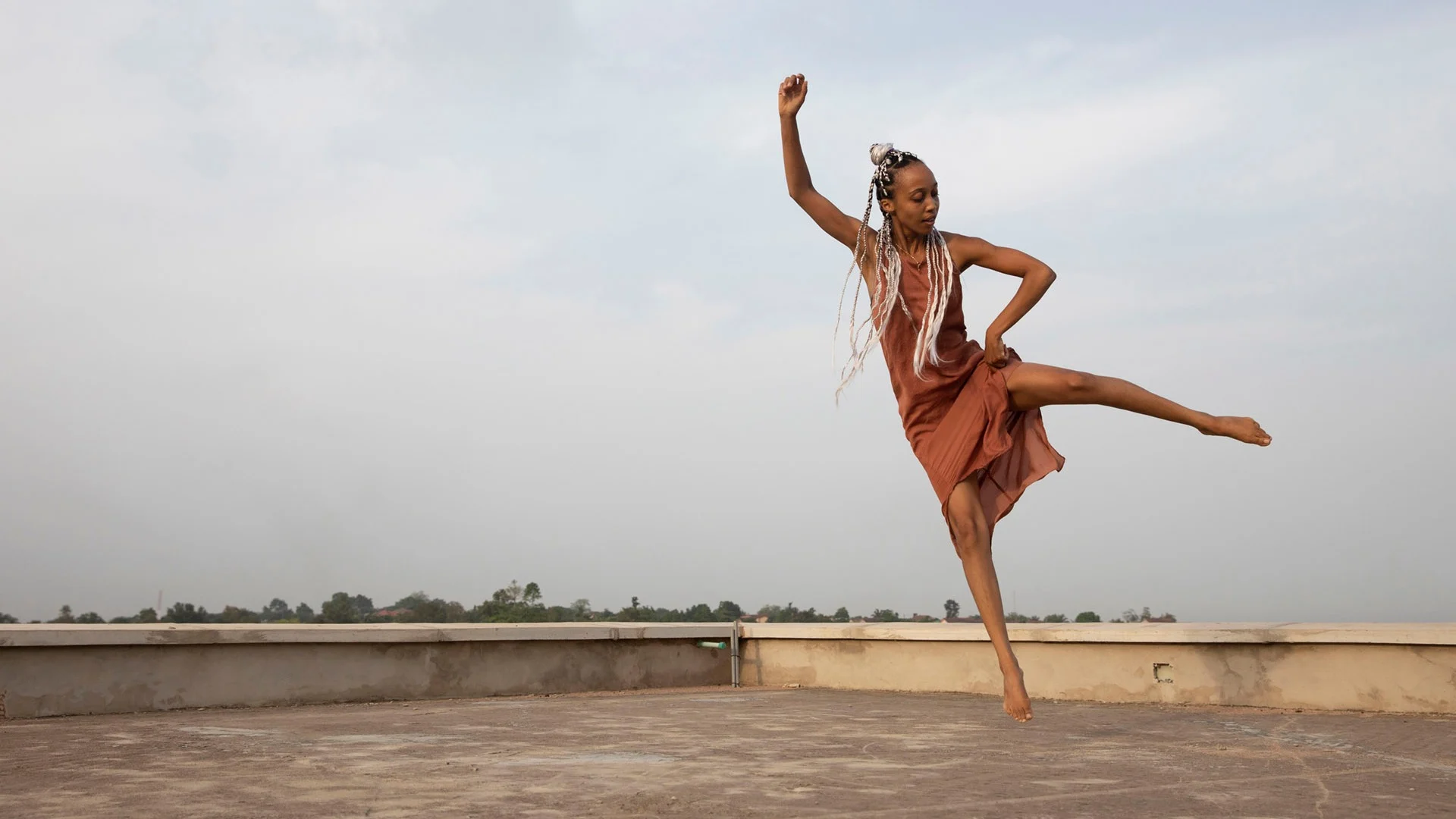
Born in Accra, Ghana to a culturally rich family Elisabeth had always intended to follow her passion for the arts. She did so by earning a scholarship to DePauw University in Indiana to study a Bachelor of Arts and while studying abroad, travelled to New York and Morocco to further her creative education. Following graduation, she completed residencies in London, Paris and New York.
But Ghana was never far from her mind, and in 2013 she returned to the country that continually inspired her to found the creative hub Terra Alta and community programme Accra Theatre Workshop. The initiatives – that promote local arts and heritage – allowed children from disadvantaged backgrounds to interact with the arts while continuing to connect with their Ghanaian heritage in ways that weren’t taught at school.

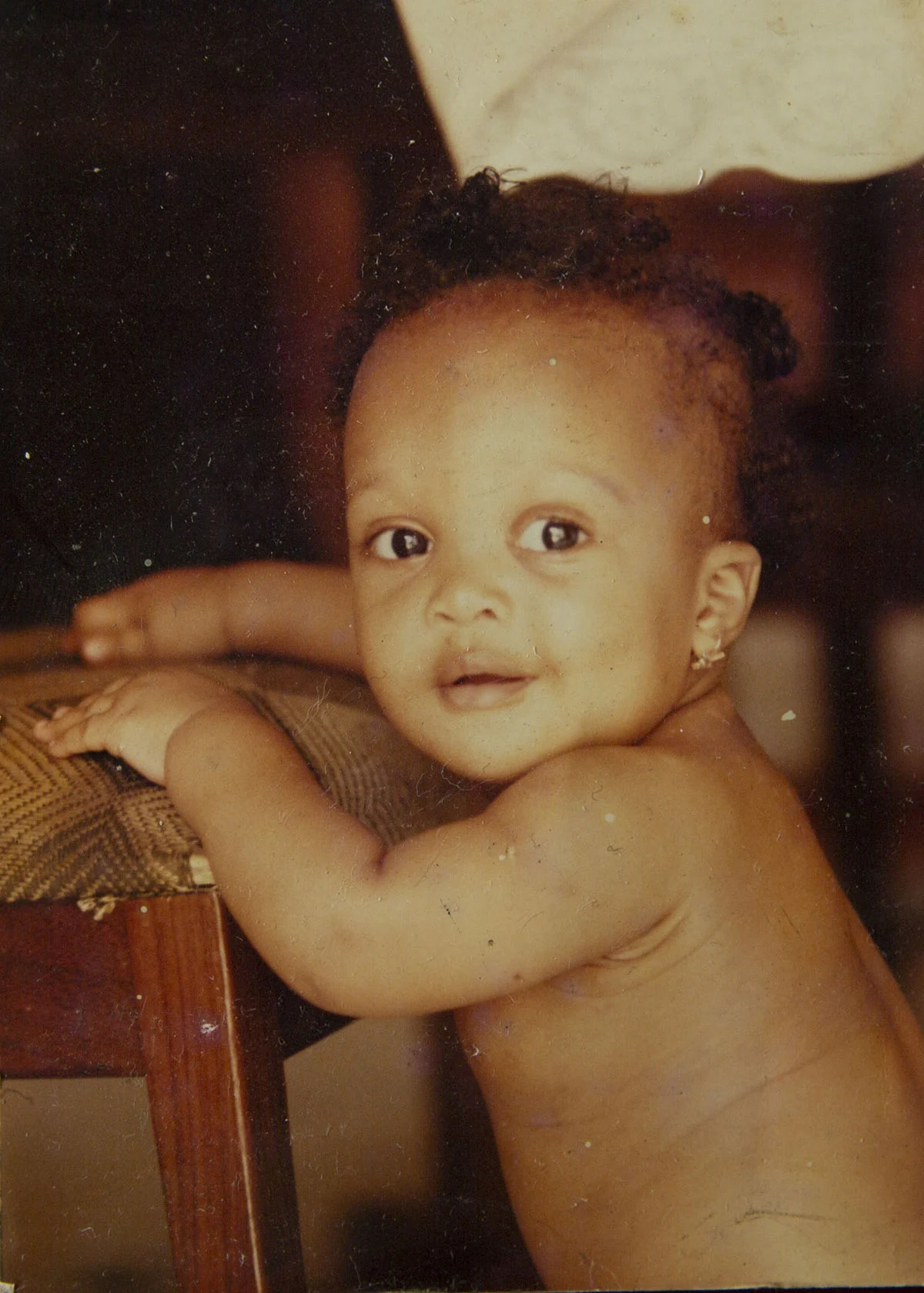
Directed by Caroline Spearpoint and Miriam Thom, the duo behind FoxWolf Productions, this short film explores the depths of Elisabeth’s practice and charts the ways in which she imbues traditional folklore and beliefs into her work – whether it be in dance, poetry or installation. “I think anybody that leaves home is looking for something. For me it was clarity,” she says.
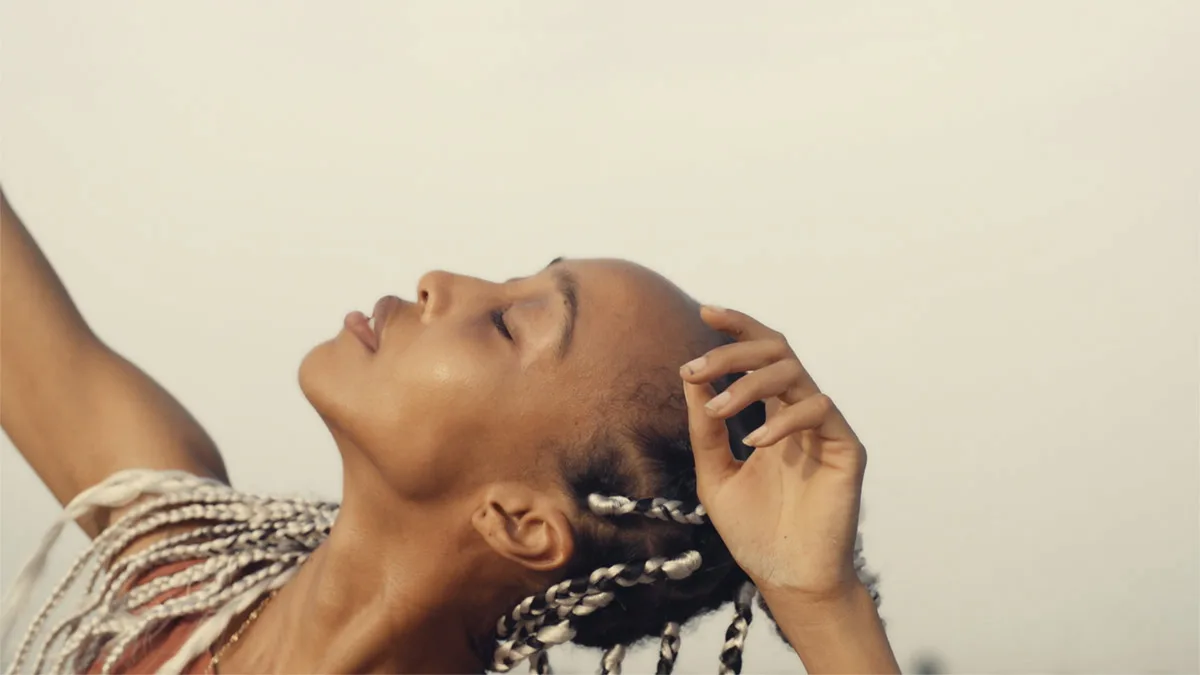
Dance is about “what needs to come out at that moment,” she says.
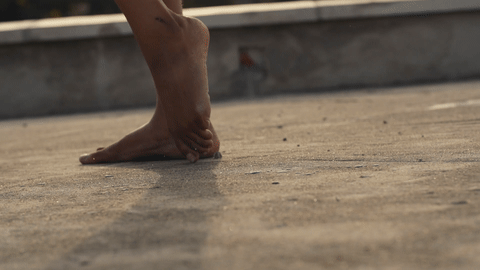
Here she discusses identity and self-exploration, feeling othered for the color of her skin and why opening up the true history of her native country is at the core of what she does. “I think it all goes back to the role of a repository of the oral knowledge of a people,” she says. “That would normally be somebody like an Okyeame or a figure in the court that had the history of the court, and the whole family’s legacy is to remember and pass on that history and then to recount it as necessary. I think that figure, or a compendium of that figure, is what I’m building across all these performances.”

